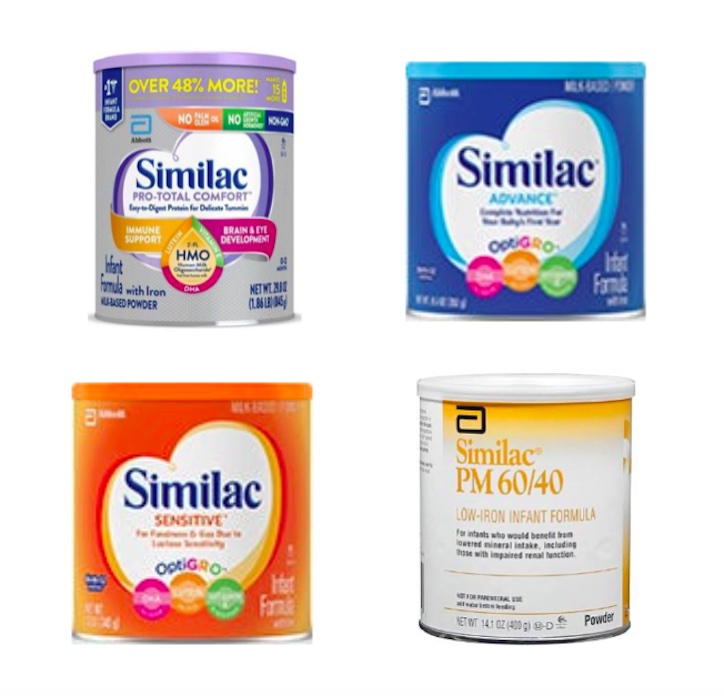An FDA Incident Management Group now leads the investigation into Cronobacter illnesses among infants who consumed Similac infant formula, the agency has announced today. Up until now, the active investigation was helmed by the U.S. Food and Drug Administration’s (FDA’s) CORE Response Team, which has been tasked with investigating food poisoning outbreaks since its creation in 2011.
Incident Management Groups (IMGs) are “typically established when an incident involves multiple FDA organizational components or involves complex incident management/coordination,” according to the FDA website. For each group, an Agency Incident Coordinator (AIC) is “designated to oversee the development and implementation of a headquarters Incident Action Plan and the coordination of FDA headquarters resources and capabilities to respond to the event, as needed.” The name of the AIC for the Similac Cronobacter group has not been released.
Cronobacter is known to cause severe, often fatal, illness in newborn babies including sepsis, meningitis, and necrotizing enterocolitis NEC. Its main vehicle of transmission is powdered infant formula. That’s because, under current manufacturing processes, powdered infant formula can’t be produced as a sterile product, meaning it is not possible to eliminate all bacteria from powdered infant formula. (Liquid baby formula can be made sterile.)
From September 2021 to January 2022, four Cronobacter illnesses and fatalities were reported among infants who had consumed various kinds of Similac powdered infant formula. Two of the infants died.
Because it is not known to cause serious illness to the general population, only infants, Cronobacter is not considered to be of great public health importance and, therefore, not a “reportable disease” nationwide. So, unlike. E.coli, Salmonella and Listeria, doctors and labs aren’t required to report these infections to their state health departments who then report them to the Centers for Disease Control and Prevention (CDC). Minnesota is the only state in the country that requires reporting.
When Cronobacter illnesses occur, they are usually reported voluntarily through the FDA’s consumer complaint form called MedWatch. The unusual nature of Cronobacter reporting may be one reason why the investigation has been handed off to an IMG.
Prior to the Similac Cronobacter group, the most recent IMG, created in 2017, was for hurricane response, according to a list on the FDA website. Many of the IMGs listed on that page were created in response to various natural disasters and foodborne illness outbreaks including one IMG created in 2011 for a product fed to premature infants that caused necrotizing enterocolitis.

The Similac products in question were among the many brands of powdered infant formula produced at Abbott Nutrition’s facility in Sturgis, MI facility. After the FDA advised consumers to avoid the purchase or use of these powdered infant formula products, the company issued a recall.
Inspection information released by the FDA and an internal whistleblower report revealed that Abbott had found Cronobacter at the plant before the illnesses were reported and that management was aware of practices that violated food safety standards.
Food Safety Lawyers with Experience
If your baby developed a Cronobacter infection and you would like a free consultation with an experienced Food Safety lawyer, please contact us. You can reach us by calling 1-888-377-8900, sending a text to 612-261-0856, or by completing the form below. There is no obligation and we don’t get paid unless we win
